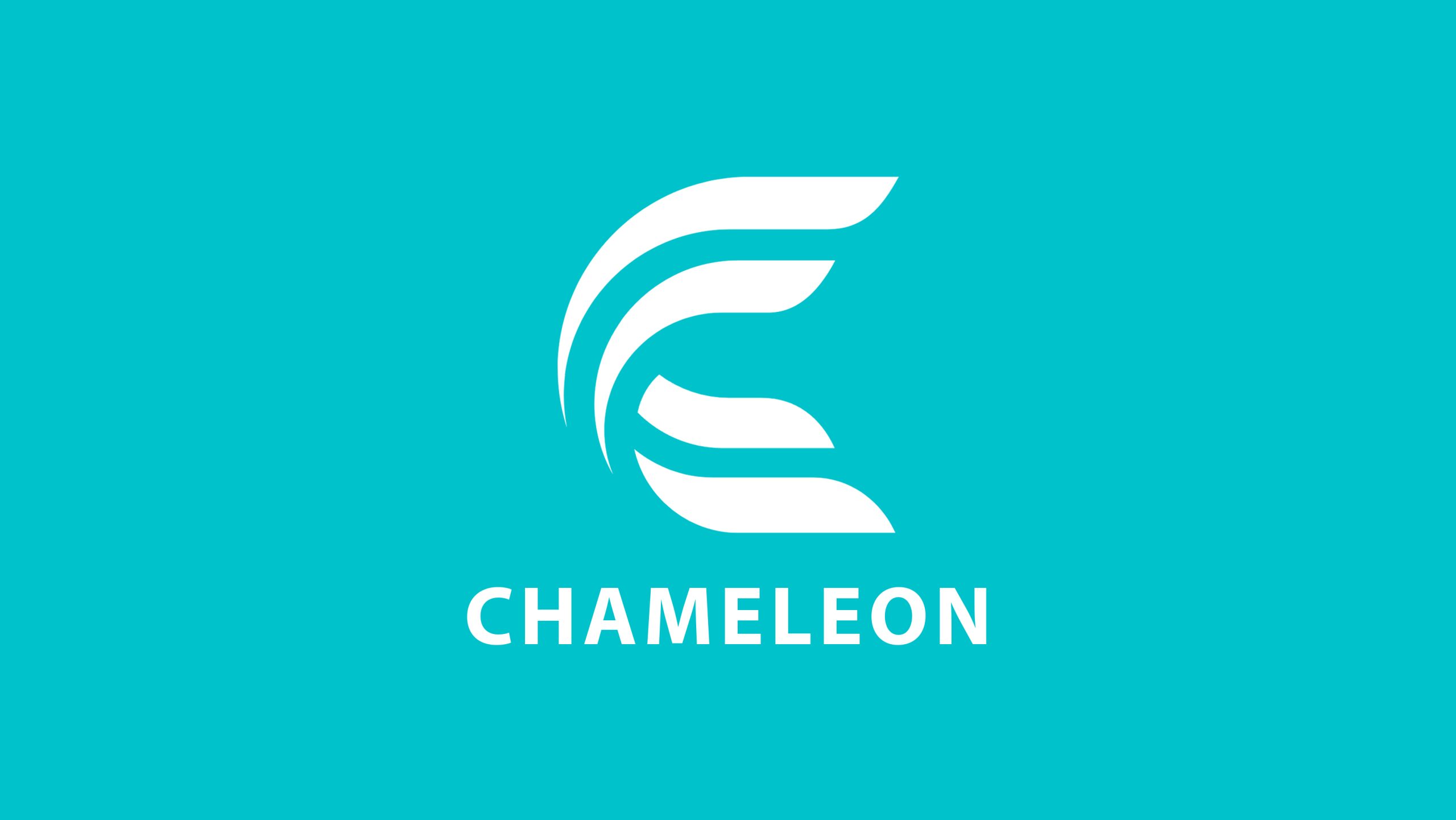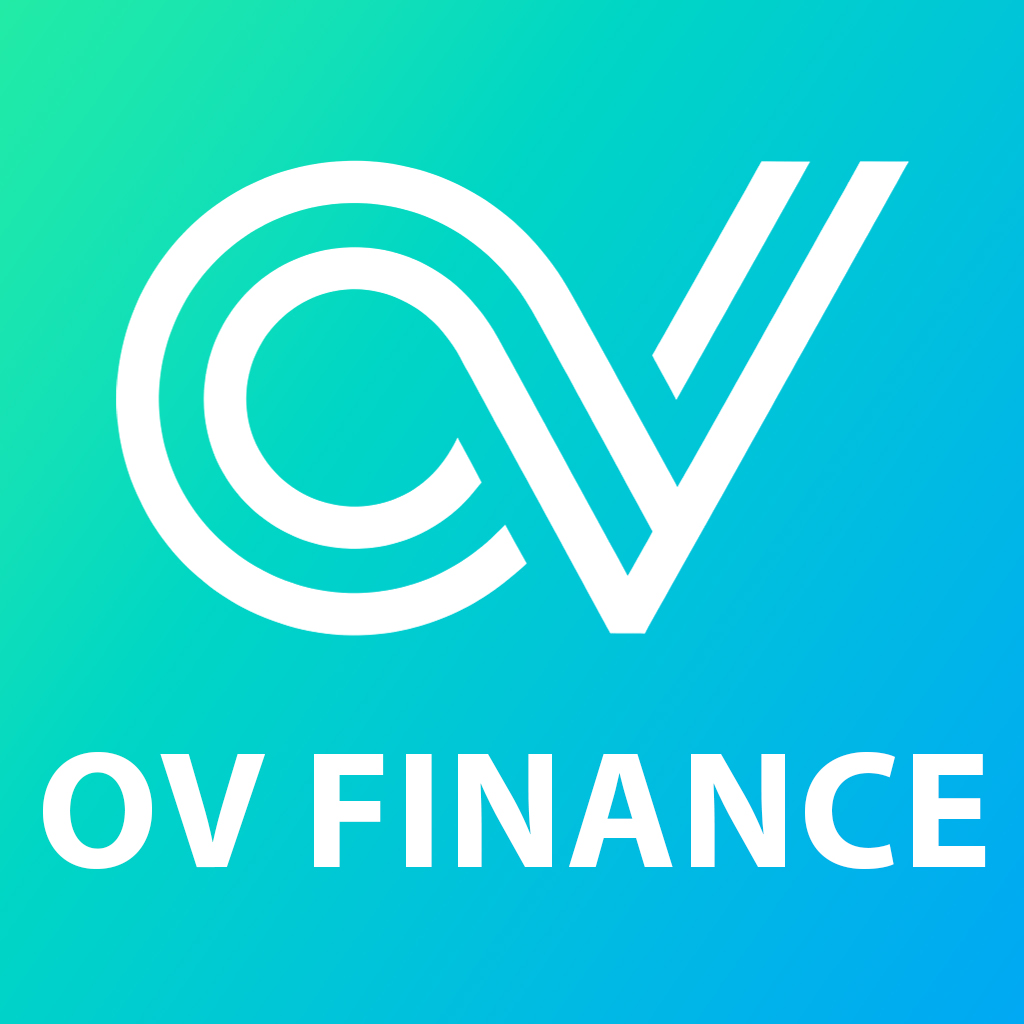Blockchain
Artprice: France’s Cultural Policy is Not in the Country’s Best Interests According to thierry Ehrmann

By pursuing a strategy of concentrating the country’s cultural offer on its capital, France is leaving itself dangerously exposed to stronger players. French artists, galleries and auction houses are finding it increasingly difficult to emerge from the shadow of their powerful Anglo-Saxon rivals, both in France and on the international scene.
In reaction to this article, thierry Ehrmann, Artprice’s founder CEO says: “This is no surprise to anyone: Paris enjoys a favorable regime at the cultural level. But the imbalance has become too great, too obvious. The French capital is no longer an El Dorado, neither for its artists nor for the Art Market.”
“In 1964, Sotheby’s acquired America’s leading auctioneer at the time, the New York operator Parke-Bernet. The firm was initially offered to French auctioneers, but they refused. France is still suffering from the “Parke-Bernet Syndrome“, as I defined and explained it to 9 Ministers of Culture. Each time they were shaken.”
Sales Catalogs of Parke-Bernet Galleries – Artprice Archives
4% of the global Art Market
The situation has changed significantly since the 1960s. Paris is still clearly the bastion of French auction sales, accounting for 90% of the country’s total turnover. But half a century ago, France was at the epicentre of the global market. In 2018, France generated just 4% of global fine art auction turnover.
But even this diminished market is struggling to remain French. Dominated by the Anglo-Saxon auction houses, Sotheby’s and Christie’s generated 51% ($353.5 million) of France’s total fine art auction turnover in 2018… and that total is a very small percentage of their global Fine Art business. Representing just 4% of their combined global sales, the Parisian auction houses have become almost secondary for Christie’s and Sotheby’s. The New York marketplace generates 15 times more turnover than Paris, London 6 times more and even Hong Kong generates nearly 3 times more than the French capital.
Meanwhile, Phillips, the world’s third largest auction house by turnover, has simply decided not to organise sales in Paris…
Frexit
France woos the major British and American players in the Art Market, but it struggles to keep its own artists who prefer to go and live elsewhere. On 7 June, the New York Times drew its readers’ attention to the singularity of the French pavilion at the 2019 Venice Biennale in an article entitled “Laure Prouvost represents France. But she doesn’t feel very French“. Indeed… the 41-year-old artist, born in France, works in Antwerp, Belgium, and was revealed in 2013 by the Turner Prize, Britain’s most prestigious art award.
In an interview with the French business newspaper Les Echos, gallery owner Daniel Templon explains: “At the FIAC, there are sixteen ultra-big stands available, but only one was occupied by a French gallery. Our leading Contemporary Art Fair sees us as secondary and, by the same token, our artists too […]. If emerging artists want to succeed and move up the price ladder, they have to move abroad, to Germany, Belgium, Los Angeles or New York.”
Daniel Templon justifiably blames French museums: “French museum directors believe it is better to exhibit foreign artists and say they would attract fewer visitors with French artists. […] Before exporting our artists, we should at least try to generate a domestic market for them here in France. […].”
The Parisian gallerist concludes: “If institutions don’t accompany us, there won’t be any powerful galleries left inFrance.”
Towards a different cultural policy
Paris possesses some of the best cultural institutions in France and in the world for that matter. From the Primitive arts to the Contemporary scene, from Antiquity to the Medieval period… Paris has it all.
The Louvre – figurehead of the entire system – is the most visited museum in the world. But, as the Express article explains, it has received massive financing: “In the 1980s, François Mitterrand decided to renovate the Louvre, launching much needed work including extension, restoration and construction of the famous pyramid. The State paid everything, which seems logical. However, in 2012, when the French State inaugurated the museum’s satellite in Lens […], the State’s contribution to its funding was fixed at a tiny 1%“.
Moreover, in geographical terms, France’s cultural policy resembles a laboratory; the provinces are used as testing grounds where young curators and young museum directors are sent to prove themselves. This year, for example, the organisation of the Lyon Biennale has been entrusted to the young curatorial team of the Palais de Tokyo, and Jean de Loisy, whose presidency of the museum has just ended, has withdrawn… to devote himself to the management of the Ecole des Beaux-Arts in Paris and his excellent radio program “Art is Matter” on France Culture.
Artprice’s recently published ranking of France’s Contemporary Art museums based on Google reviews confirms the extraordinary success of Parisian museums compared to those of France’s regions.
SOURCE Artprice.com
Blockchain
Blocks & Headlines: Today in Blockchain – April 25, 2025 | BitNile, Dutch Blockchain Week, Citigroup, Philippine Blockchain Week, D.O.G.E Foundation

Blockchain’s metamorphosis from niche ledger technology to the backbone of Web3 has never been more evident. Today, we cover five stories that illustrate the evolving ecosystem: a gaming platform issuing its own token on Solana; Europe’s marquee Web3 summit; a major bank forecasting a “ChatGPT moment” for blockchain; a Southeast Asian conference aimed at busting crypto myths; and a foundation rebuilding blockchain from the ground up to solve scalability. Each development—whether product launch, industry gathering, macro forecast, educational initiative, or infrastructure innovation—offers a window into the trends shaping decentralized finance, NFTs, DeFi, and beyond.
1. BitNile.com to Launch Nile Coin on Solana
News Summary
Hyperscale Data’s subsidiary BitNile.com will introduce the Nile Coin on Solana starting May 1, 2025. The U.S.–based social gaming site chose Solana for its high throughput and low fees, aiming to enhance in-game economies, reward engagement, and deliver seamless micro-transactions. Details on tokenomics and governance are forthcoming, but management touts Nile Coin as a cornerstone of future gaming experiences.
Source: CoinTrus
Analysis & Commentary
Launching a proprietary token underscores two converging trends: the gamification of finance and finance-ification of gaming. By minting Nile Coin, BitNile.com taps into DeFi mechanics—staking, liquidity pools, NFT rewards—while leveraging Solana’s scalability. Strategically, BitNile.com positions itself for partnerships with NFT marketplaces and DeFi protocols, potentially opening secondary markets for in-game assets and generating new revenue streams beyond ad sales or subscription fees.
2. Dutch Blockchain Week 2025 Gears Up in Amsterdam
News Summary
From May 19–25, Amsterdam will host the sixth annual Dutch Blockchain Week, culminating in the two-day summit (May 21–22) at De Meervaart. Tier 1 exchanges (Bitvavo, Kraken, Coinbase), Web3 pioneers (WOW.ai, Blockrise), regulators (European Commission, De Nederlandsche Bank), and industry partners (Mastercard, Deloitte) will convene. Side events range from AI-powered hackathons tackling compliance to padel networking meetups—underscoring the event’s blend of technology, policy, and community.
Source: Dutch Blockchain Week
Analysis & Commentary
Dutch Blockchain Week typifies the maturation of blockchain conferences into multidisciplinary forums. Beyond token talk and yield farming, panels on regulation, institutional adoption, and security reflect Web3’s integration into mainstream finance. Anticipate announcements on CBDC pilots, DeFi compliance frameworks, and cross-chain interoperability projects that may emerge from the Block & Order Hackathon.
3. Citigroup Predicts Blockchain’s “ChatGPT Moment”
News Summary
In an April 23 report, Citigroup analysts argue that 2025 could be blockchain’s “ChatGPT moment,” driven by regulatory clarity around stablecoins and integration with traditional financial systems. They forecast stablecoin market capitalization ballooning to $1.6 trillion (base case) or as much as $3.7 trillion (bull case) by 2030—anchored by dollar-denominated issuers and collateralized with U.S. Treasuries. Regulatory frameworks like the GENIUS Act could catalyze adoption among banks and fintechs.
Source: Cointelegraph
Analysis & Commentary
Drawing parallels to generative AI’s explosive growth, Citigroup envisions a tipping point where blockchain moves from experimental to essential infrastructure. Successful integration will hinge on robust compliance tools, auditability, and clear governance models. Enterprise blockchain vendors should prepare for surging demand in tokenized payments, on-chain settlements, and embedded DeFi rails within legacy systems.
4. Philippine Blockchain Week 2025 Debunks Crypto Myths
News Summary
Scheduled for June 10–11 at SMX Convention Center Manila, Philippine Blockchain Week (PBW) 2025 will tackle misinformation and spotlight real-world use cases. Highlights include “Crypto, Unpacked” sessions demystifying the technology; “Smart Regulation” panels uniting policymakers and innovators; and “Blockchain for Impact” showcases on remittances, disaster relief, and digital identity. Founding President Donald Lim emphasizes government support and public–private collaboration to spur inclusive growth.
Source: UseTheBitcoin
Analysis & Commentary
PBW exemplifies how emerging markets leverage education to accelerate Web3 adoption responsibly. By engaging regulators early, PBW can shape balanced frameworks that encourage innovation while protecting consumers—an instructive model for markets wrestling with both hype and skepticism.
5. D.O.G.E Foundation Launches New Blockchain, Opens Seed Round
News Summary
The D.O.G.E Foundation announced a ground-up blockchain rebuild designed to solve the scalability and reliability challenges plaguing existing networks. This modular architecture separates validation from execution to enable parallel transaction processing—targeting real-time gaming, DeFi under high load, and AI-driven applications. A seed funding round is now open to investors who share the vision of a performant, decentralized infrastructure.
Source: D.O.G.E Altcoin GlobeNewswire
Analysis & Commentary
As layer-1 congestion and high gas fees persist, new entrants must justify a “why now” with clear architectural advantages. If the D.O.G.E blockchain delivers real-world throughput and maintains decentralization, it could spur a renaissance of high-performance DeFi protocols and NFT platforms hungry for cost-effective base layers.
Conclusion & Key Takeaways
-
Tokenization of Entertainment: BitNile’s Nile Coin on Solana highlights blockchain’s expansion into gaming economies and NFT reward systems.
-
Convergence of Tech, Policy & Community: Dutch Blockchain Week showcases Web3’s evolution into an ecosystem engaging regulators, enterprises, and developers under one roof.
-
Mainstream Inflection Point: Citigroup’s “ChatGPT moment” thesis suggests blockchain is poised for exponential adoption given regulatory support.
-
Education as Catalyst: Philippine Blockchain Week’s myth-busting curriculum underscores the importance of public–private dialogue in emerging markets.
-
Infrastructure Innovation: The D.O.G.E Foundation’s modular, high-throughput chain exemplifies the next wave of layer-1 networks addressing real-time, real-world use cases.
Today’s stories convey that blockchain’s next chapter will be written through strategic token launches, global convenings, regulatory clarity, educational outreach, and radical infrastructure redesign. By tracking these threads, industry participants can anticipate opportunities in DeFi, NFTs, Web3 games, and enterprise integration. Stay tuned for tomorrow’s Blocks & Headlines, where we’ll continue to decode the innovations shaping decentralized finance.
The post Blocks & Headlines: Today in Blockchain – April 25, 2025 | BitNile, Dutch Blockchain Week, Citigroup, Philippine Blockchain Week, D.O.G.E Foundation appeared first on News, Events, Advertising Options.
Blockchain
Chameleon Finance Launches Green Finance Initiative to Advance Sustainable Digital Asset Infrastructure
Blockchain
Ov Finance Upgrades Blockchain Infrastructure to Deliver Faster, Safer Digital Asset Trading
-
Blockchain5 days ago
Islamic finance Market to Reach $3.4 Trillion by 2027 in the short run and $7.7 Trillion by 2033 Globally, at 12.0% CAGR: Allied Market Research
-

 Blockchain4 days ago
Blockchain4 days agoBlocks & Headlines: Today in Blockchain – April 22, 2025 (Activity‑Weighted Consensus, Pectra Upgrade, Yoki Legacy, Verae–Evercycle, Earth Day)
-

 Blockchain3 days ago
Blockchain3 days agoBlocks & Headlines: Today in Blockchain – April 23, 2025 – EDPB, Binance, MicroCloud, Nile Coin, TruaBroker
-

 Blockchain2 days ago
Blockchain2 days agoBlocks & Headlines: Today in Blockchain – April 24, 2025 (Decrypt, CoinDesk, Cointelegraph, 80 Level, UNDP/BGA)
-

 Blockchain2 days ago
Blockchain2 days agoBlaqclouds Board Approves 30-Day Revenue Acceleration and Ecosystem Monetization Plan
-

 Blockchain Press Releases5 days ago
Blockchain Press Releases5 days agoIntroducing Clementine Bridge: Citrea Deploys First Complete BitVM Bridge Design on Testnet
-

 Blockchain Press Releases3 days ago
Blockchain Press Releases3 days agoCompass Mining Partners with NiceHash to Provide Discounted Pool Fees to Customers
-

 Blockchain3 days ago
Blockchain3 days agoKindcard, Inc. Launches Payments Marketplace









































